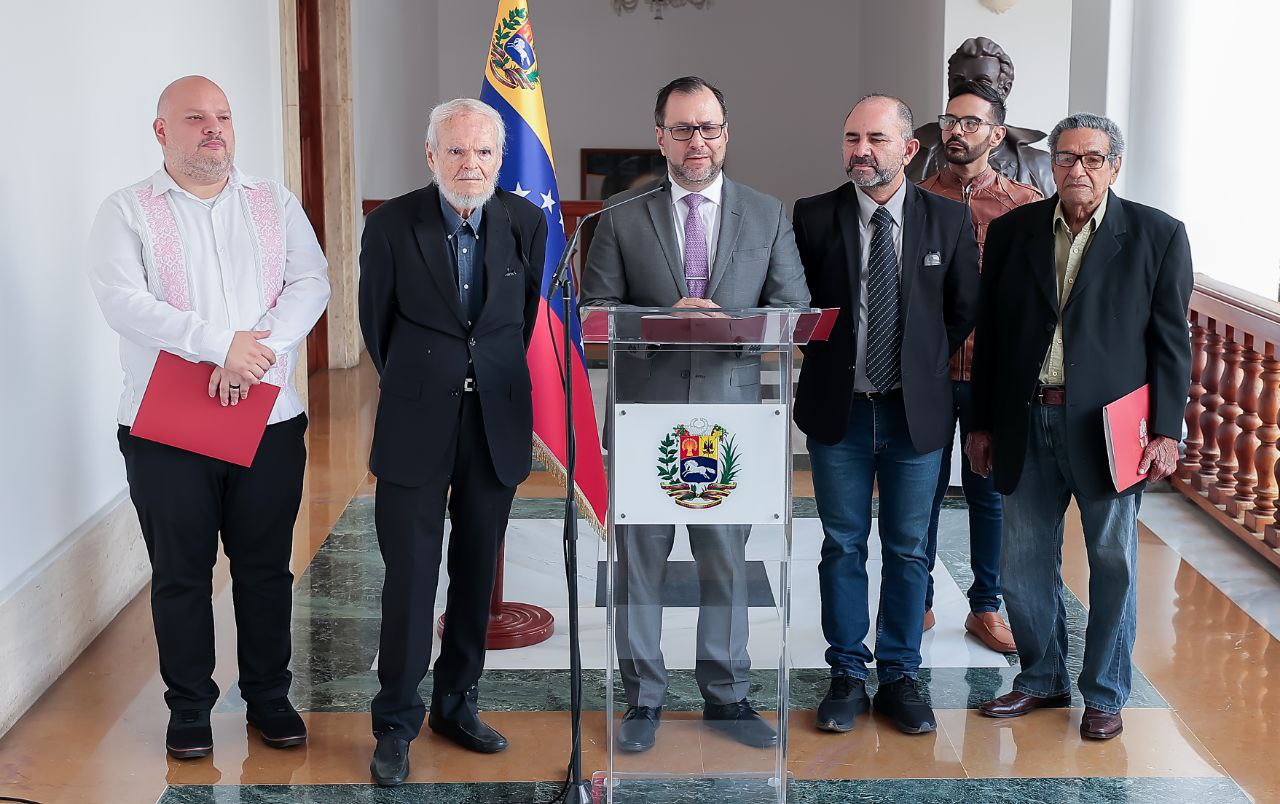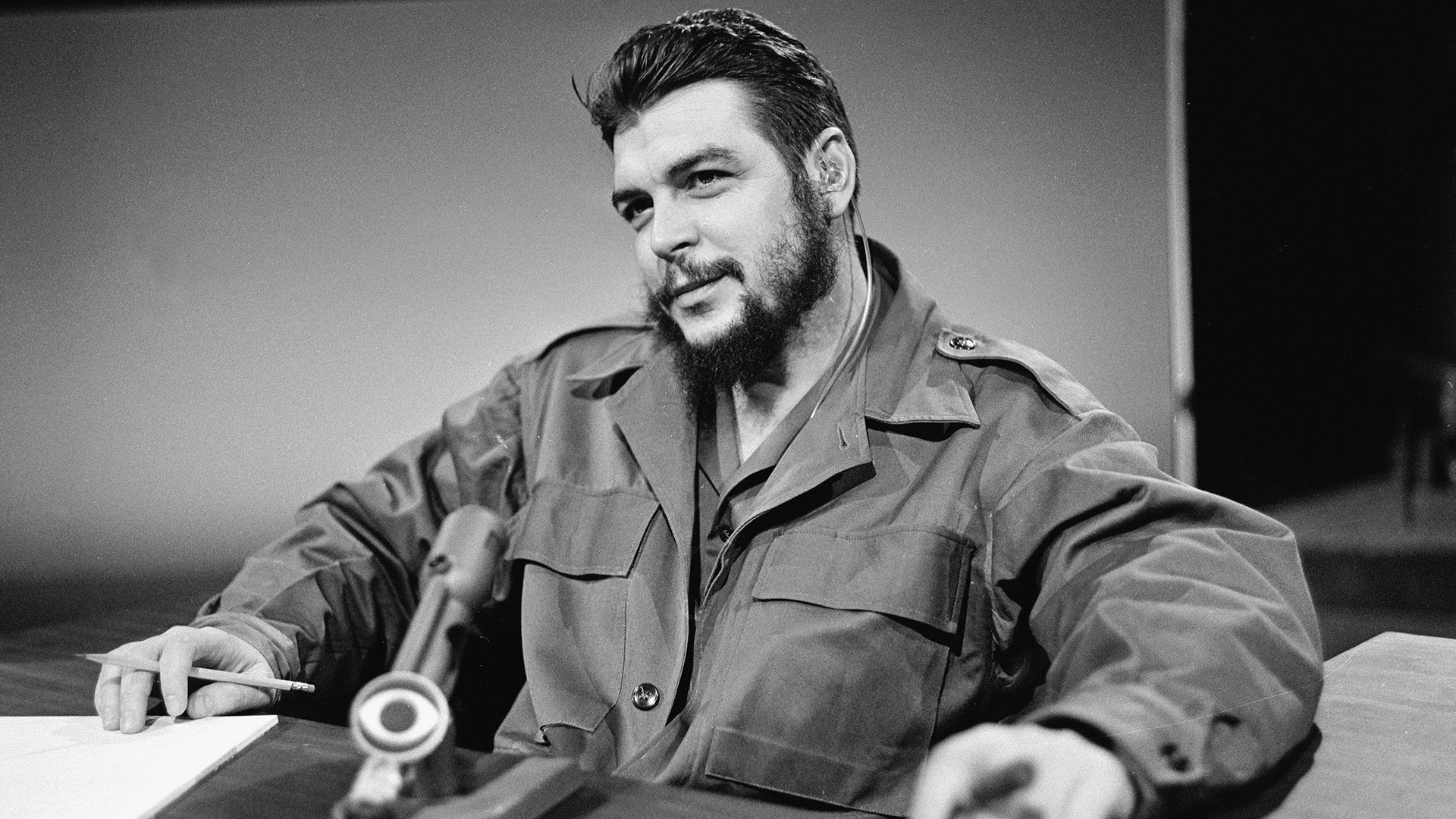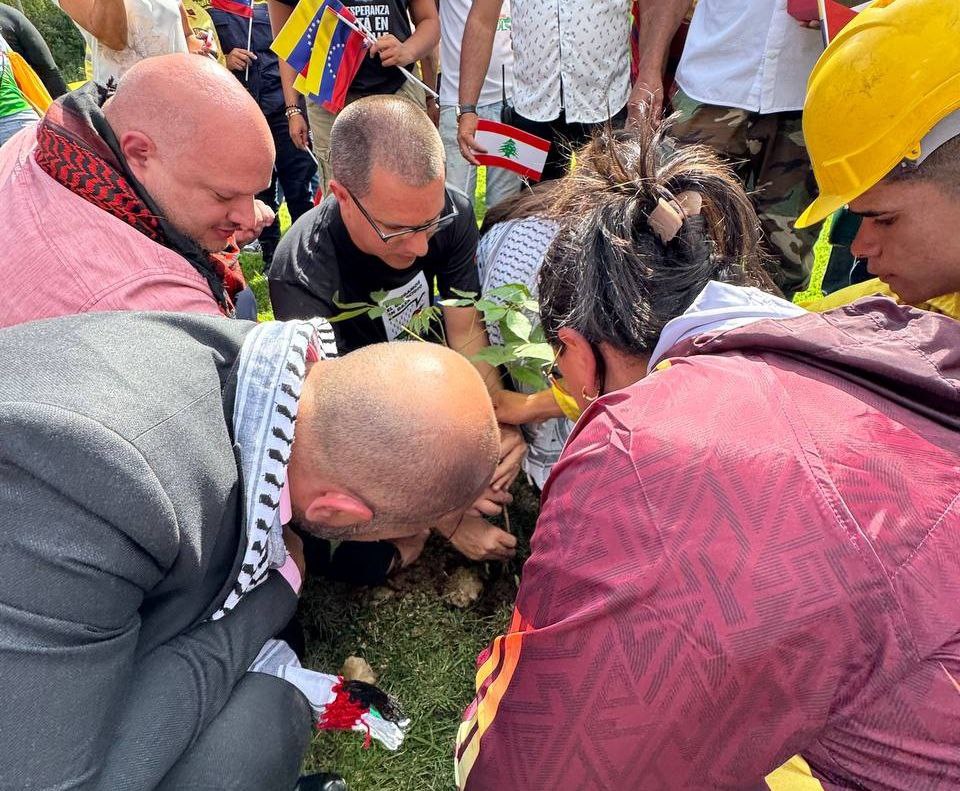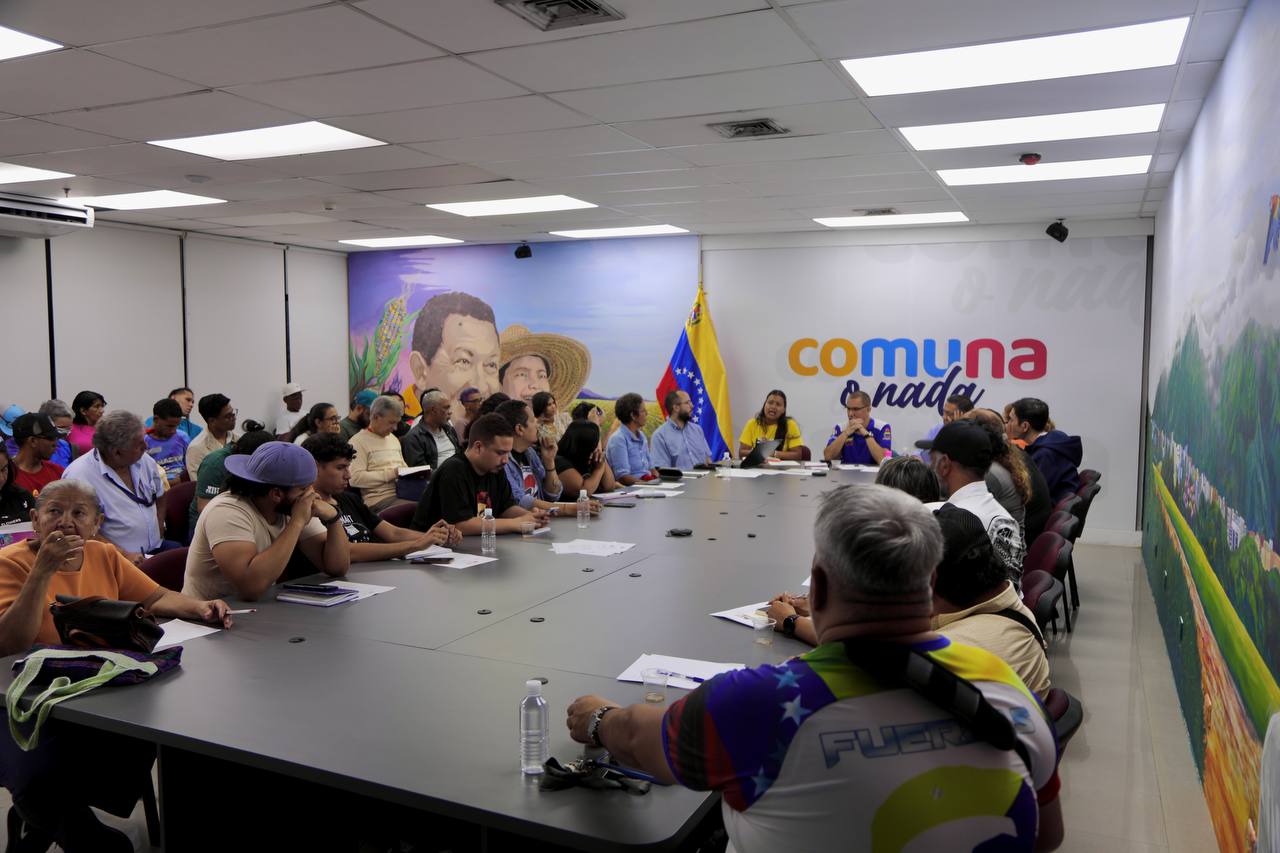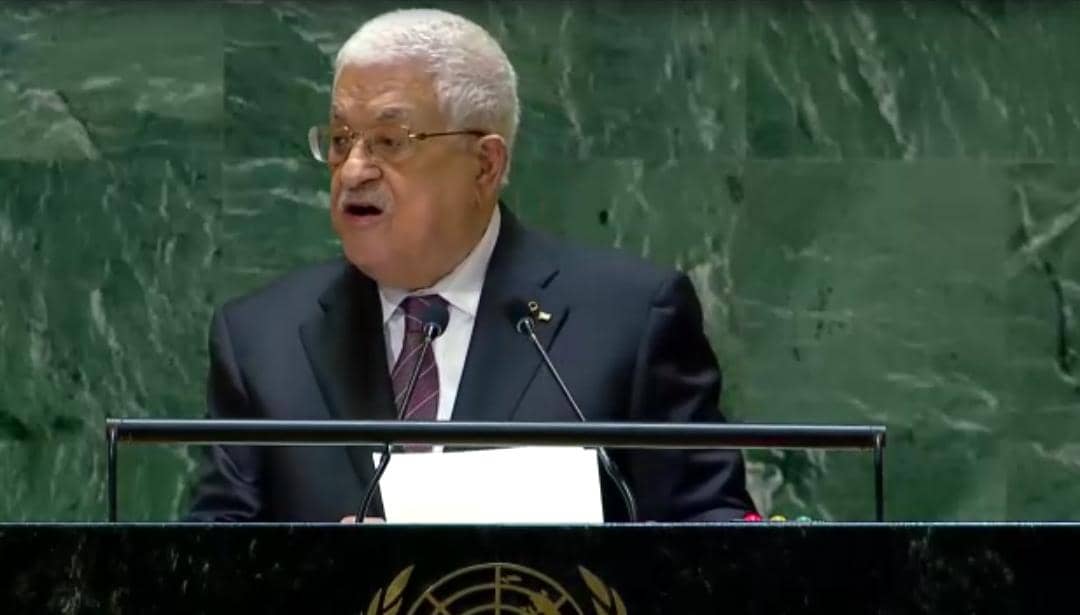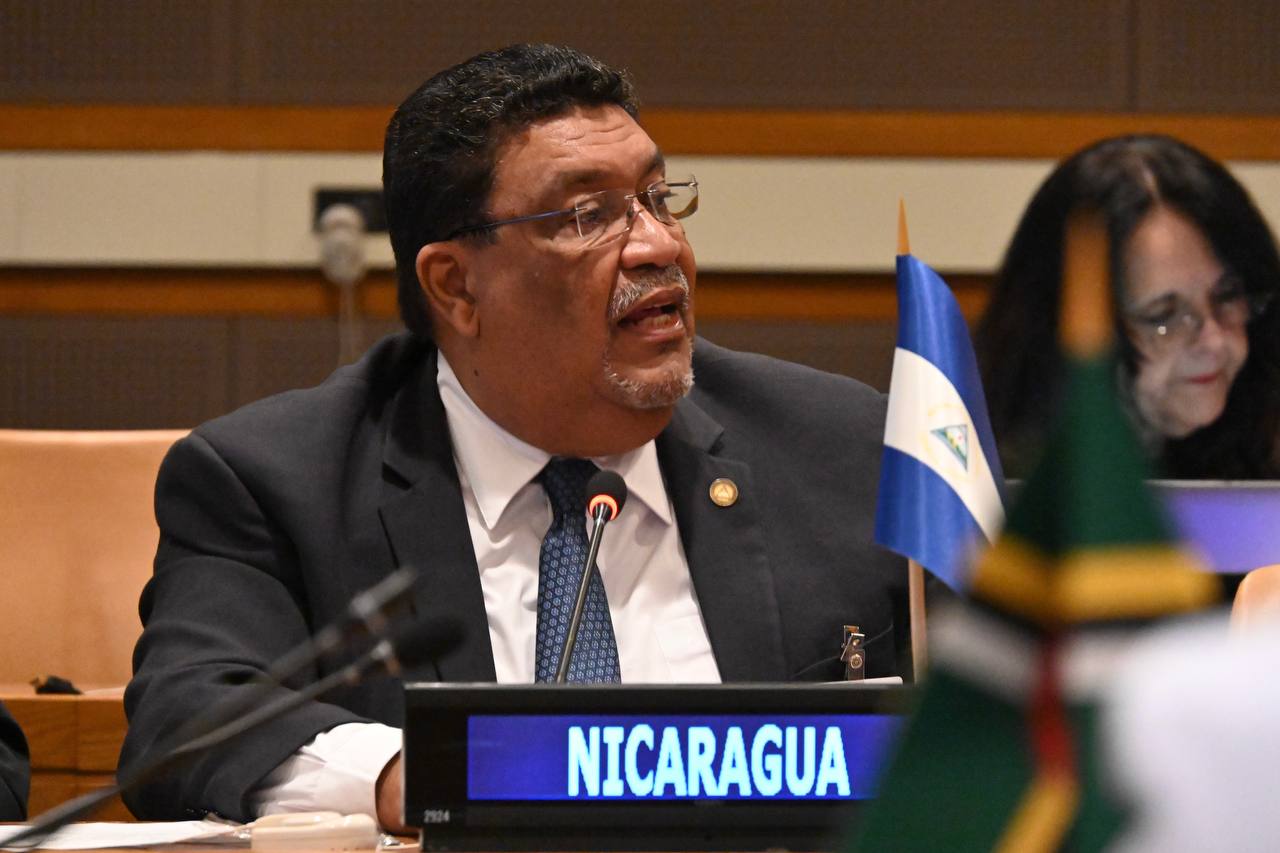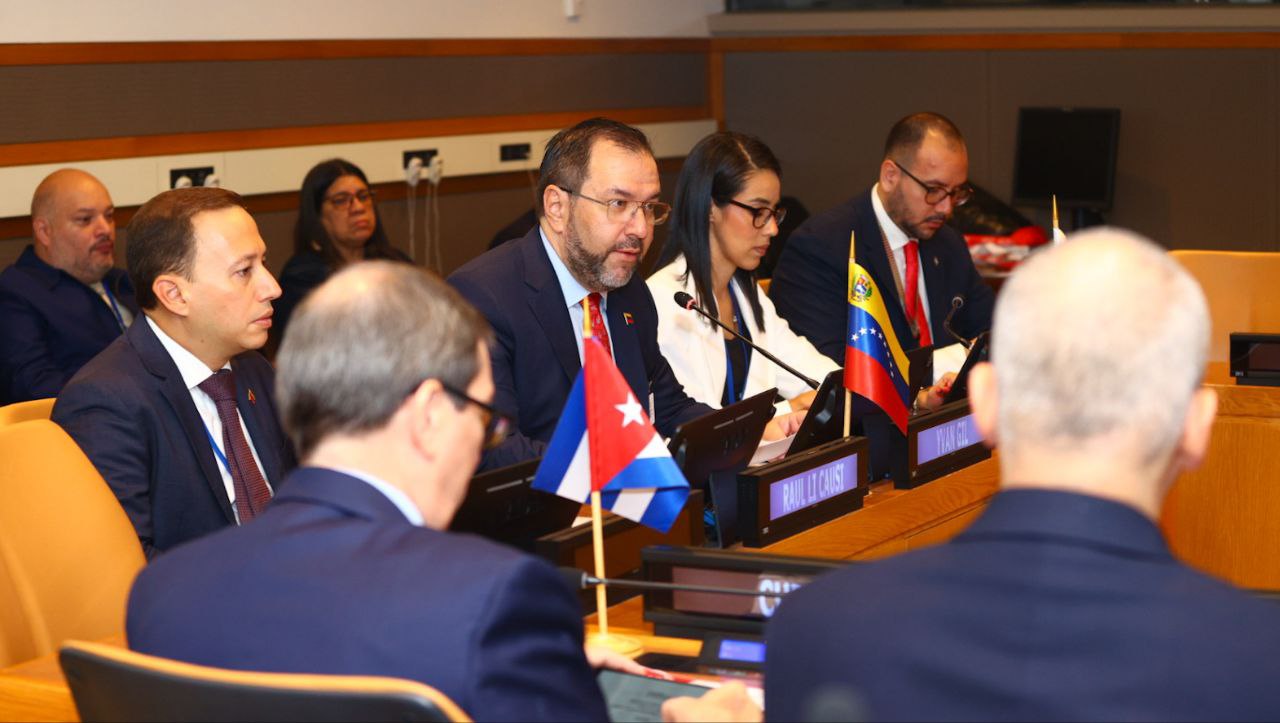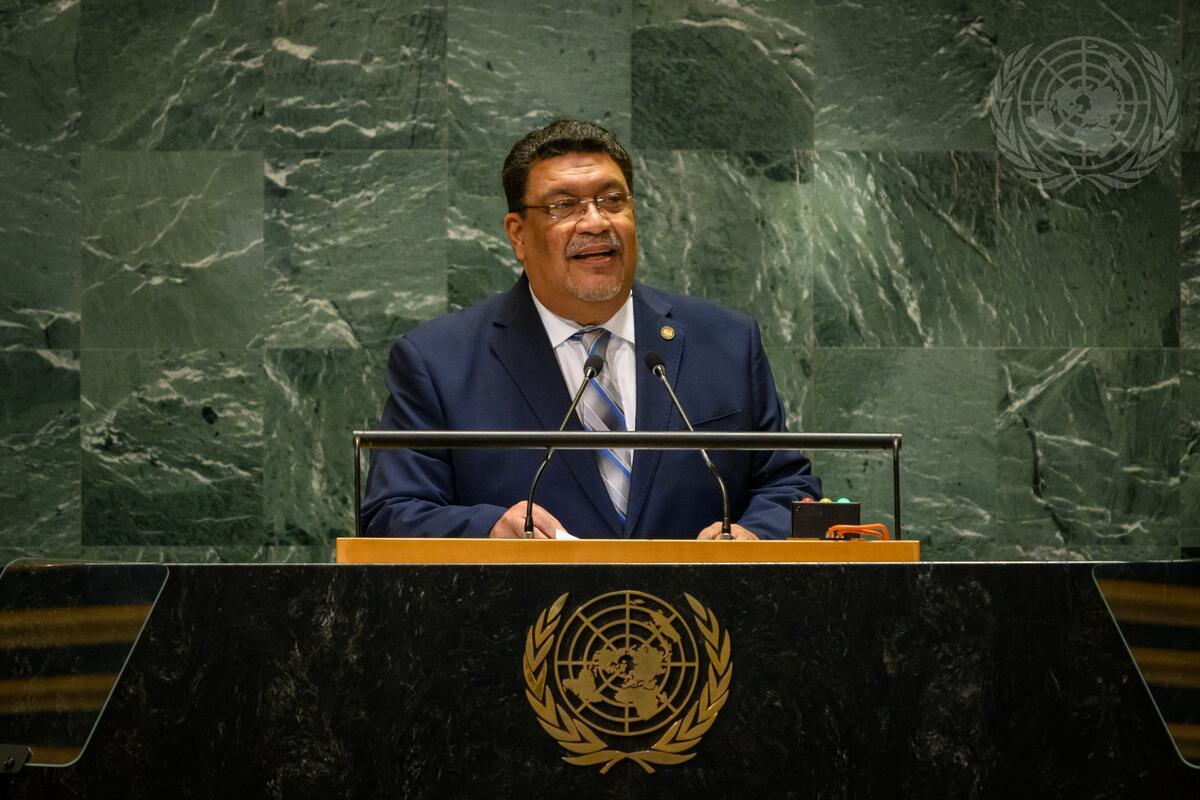New York, September 26, 2024. During his speech at the XXIV Meeting of the Political Council of the Bolivarian Alliance for the Peoples of Our America – People’s Trade Treaty (ALBA-TCP), held on Thursday, Venezuela’s Minister of Foreign Affairs, Yván Gil, warned about the resurgence of fascism, describing it as the “authentic expression of imperialism in crisis” and a “threat to the sovereignty of our nations.”
“As in the past, supremacist violence continues to be instrumentalized to divide and exploit the peoples of the Global South, particularly in Nicaragua, Venezuela, and Cuba, to dismantle the social and economic achievements of these revolutionary governments,” he emphasized during the meeting, which took place in New York in the context of the 79th session of the United Nations General Assembly (UNGA).
The Venezuelan Foreign Minister contextualized the ongoing struggle in the region as a contest between two historical projects: one of emancipation, independence, and shared prosperity, and the other of imperialist and neofascist oppression promoted by the United States.
He stressed that the imperialist onslaught is not a new phenomenon. “Our peoples have resisted the blows of imperialism for five hundred years. Just as the Spanish metropole once sought to annihilate our identity and culture, today, U.S. imperialism pursues the same objectives,” he declared.
In this context, Minister Gil affirmed that ALBA-TCP represents the continuation of that historic resistance, describing it as “the space where the dream of continental unity, solidarity, and social justice, which honors our struggles for independence, must materialize.”
As a combative response to the resurgence of fascism and imperialist aggression, the diplomat announced that Venezuela had called for the creation of an Antifascist International, a Global South platform aimed at developing a common strategy for popular movements and collective efforts to halt the reassertion of imperialism in all its forms.
Gil noted that this initiative was approved at the World Congress Against Fascism, Neofascism, and Other Similar Expressions, held on September 11 and 12 in Caracas, with the participation of legitimate representatives from more than 95 countries. It forms part of a broader effort to foster global resistance and consolidate a new international popular alliance to confront the renewed expressions of hate and domination stemming from the structural crisis of U.S. imperialism.
The Venezuelan foreign minister also reiterated his condemnation of Israel’s brutal aggression against the Palestinian people, stating that the United Nations now faces one of its greatest challenges: “either it acts firmly against Israeli arrogance, or it will be complicit in the crime, undermining its own foundational principles.”
During his address, Minister Gil also proposed the creation of the ALBA-TCP Cooperation and Development Agency, which would allocate resources for comprehensive development projects in member states, alongside Petrocaribe and other extraregional allies. He further advocated for the establishment of AgroAlba, a key initiative to advance food self-sufficiency and mitigate the risks of climate change in the region.
“We view with optimism the rapprochement between ALBA-TCP and BRICS, a strategic alliance that will enhance our capabilities and enable us to advance toward a multipolar world,” he celebrated.
As the 20th anniversary of the Alliance approaches this December, Gil highlighted that ALBA remains the moral and spiritual vanguard of the peoples of Latin America and the Caribbean. “Today, ALBA re-emerges as the alternative to fascism, hatred, and imperialist destruction. We will remain united and steadfast in the struggle for the happiness of our peoples,” he proclaimed.
The meeting was attended by representatives from the 10 member countries of the regional bloc, as well as the Prime Minister of the State of Palestine, Mohammad Mustafa, and the Foreign Minister of the Republic of Honduras, Eduardo Enrique Reina.

